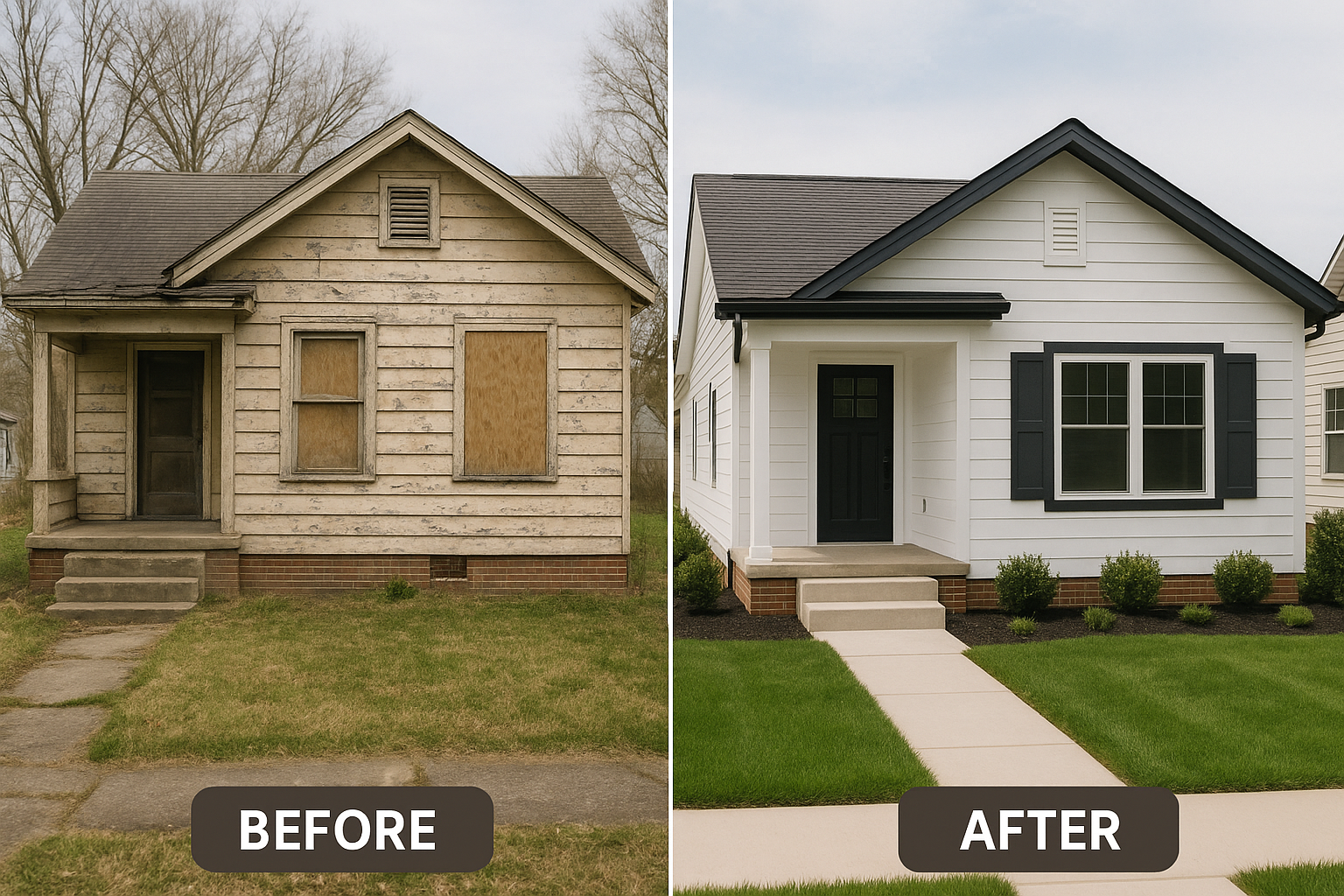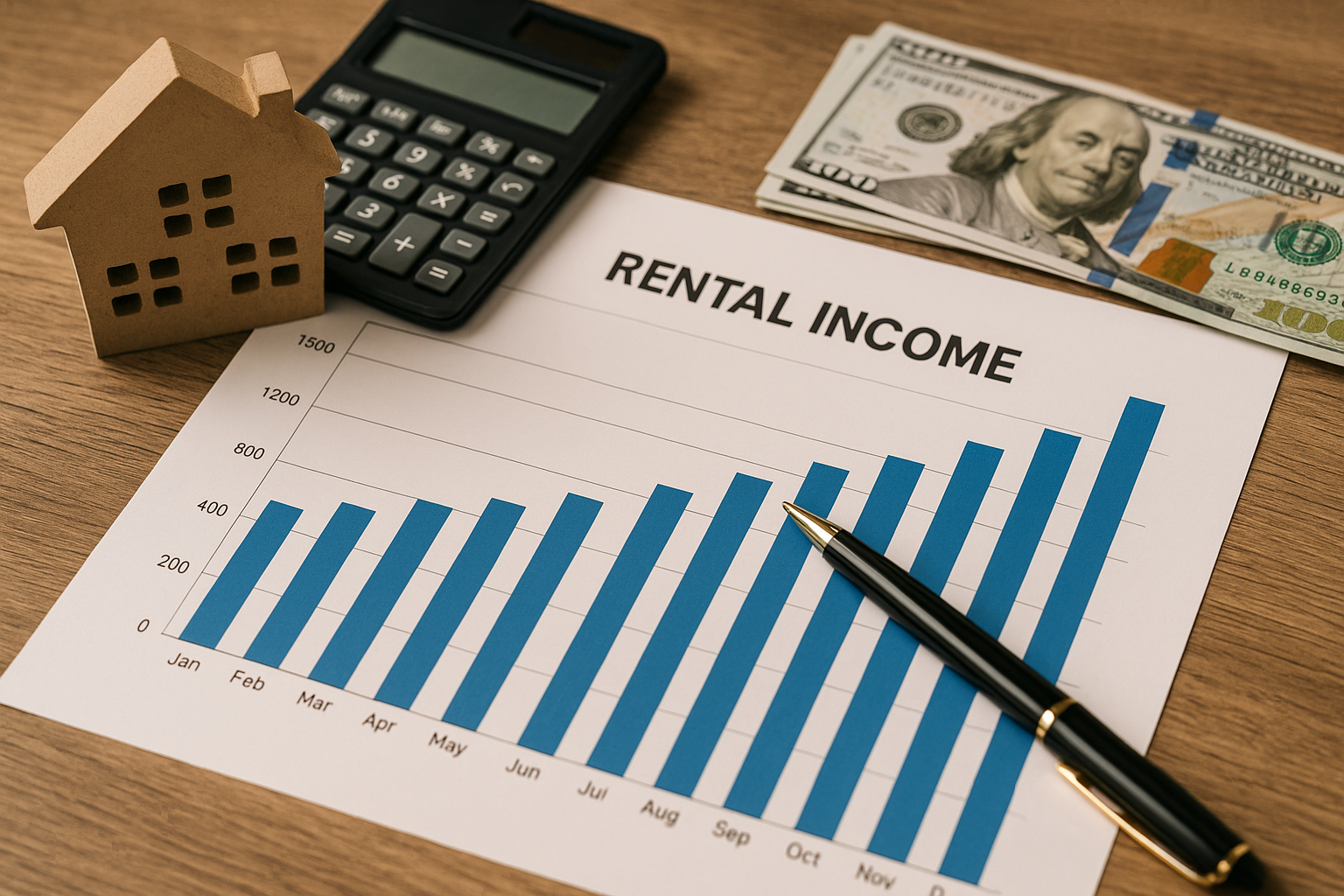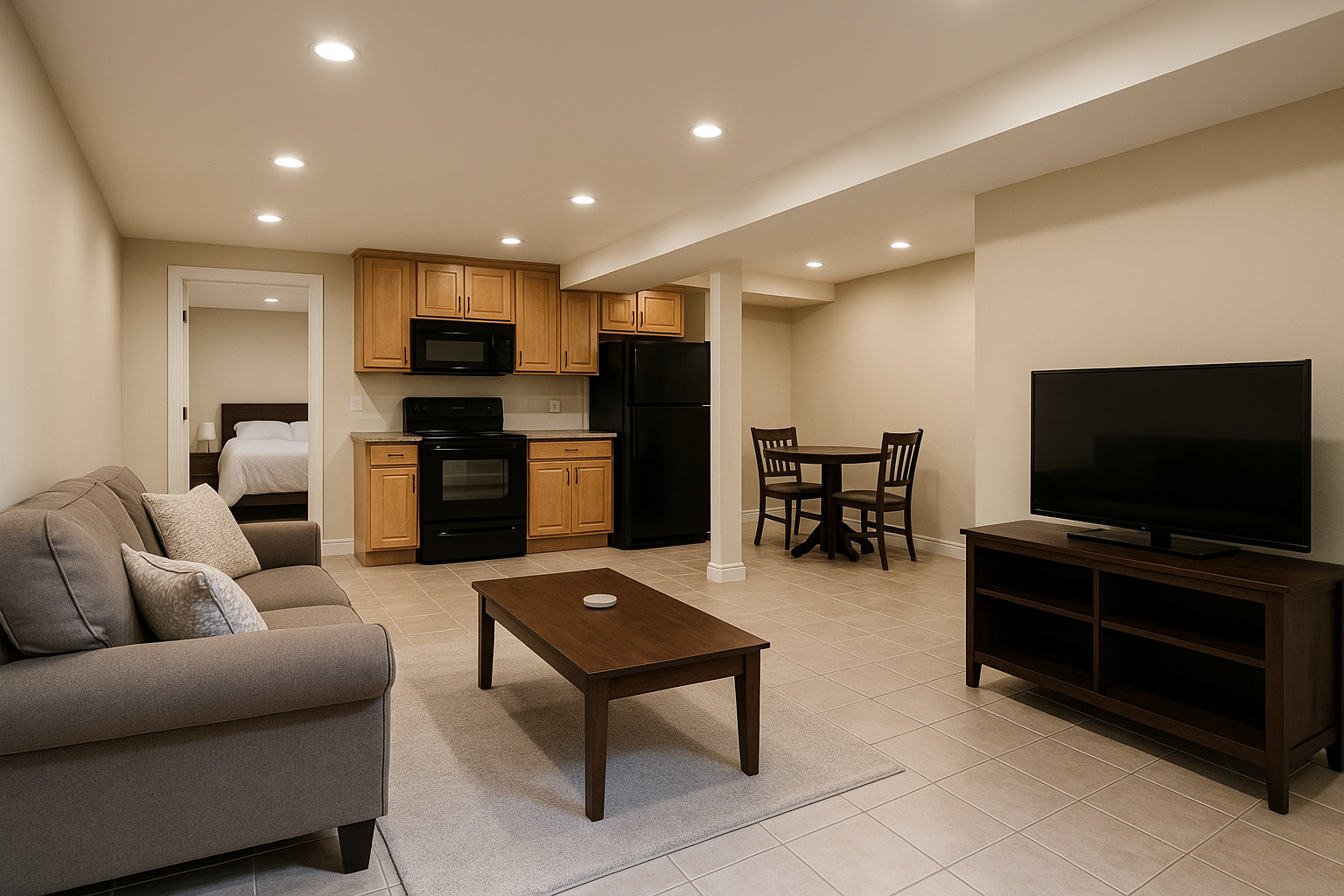Flip vs hold homes in Ontario is a common debate among investors. In Ontario, both strategies have their advantages and disadvantages. Understanding these can lead to better decision-making, whether you’re a buyer or seller.
What Does It Mean to Flip and Hold?
Flipping and holding are two distinct real estate strategies.
Flipping Properties
Flipping involves buying a property, making improvements, and then selling it at a higher price within a short period. The goal is to make a profit quickly.
- Quick Turnaround: Investors aim to resell the property within months.
- Renovations: Properties are often renovated to increase value.
- High Returns: Successful flips can yield significant profits.
Holding Properties
Holding, on the other hand, refers to purchasing properties with the intent to rent them out or keep them for long-term appreciation. This strategy focuses on steady income and long-term gains.
- Steady Income: Rental properties provide ongoing cash flow.
- Property Appreciation: Values may increase over time.
- Tax Benefits: Holders can benefit from tax deductions on mortgage interest.

Pros and Cons of Flipping vs Holding
Each strategy has its own set of pros and cons. Understanding these can help guide your decision.
Pros of Flipping
- Fast Profits: Realized gains can be quick.
- Market Timing: Flippers can capitalize on favorable market conditions.
- Creative Control: You can influence the property’s value with renovations.
Cons of Flipping
- High Risk: Market fluctuations can lead to losses.
- Time-Intensive: Renovations require time and management.
- Capital Gains Tax: Profits may be taxed heavily.
Pros of Holding
- Passive Income: Rental income can be steady.
- Long-Term Appreciation: Properties often appreciate significantly.
- Less Stressful: Management is less demanding than renovations.
Cons of Holding
- Maintenance Costs: Ongoing expenses can add up over time.
- Market Fluctuations: Long-term value can be unpredictable.
- Tenant Issues: Dealing with tenants can be challenging.

Making the Right Choice in Ontario
Choosing between flip vs hold real estate Ontario depends on several factors:
Your Investment Goals
- Short-Term vs Long-Term: Are you looking for quick returns or sustainable income?
- Risk Tolerance: Are you comfortable with the risks involved in flipping?
Market Conditions
- Current Trends: Analyze whether the Ontario market favors flipping or holding.
- Location Matters: Some areas may offer better opportunities for one strategy over the other.
Financial Situation
- Available Capital: Flipping may require more upfront investment.
- Cash Flow Needs: Consider whether you need immediate income from rentals.
Conclusion
In summary, the decision to flip vs hold real estate Ontario varies widely based on personal circumstances, market conditions, and investment goals. Each strategy has unique advantages and challenges.
Investors must assess their financial situation, risk tolerance, and market conditions before making a decision. Whether you choose to flip or hold, thorough research and planning are essential.

Looking to buy or sell this season? Contact Bridge today.




